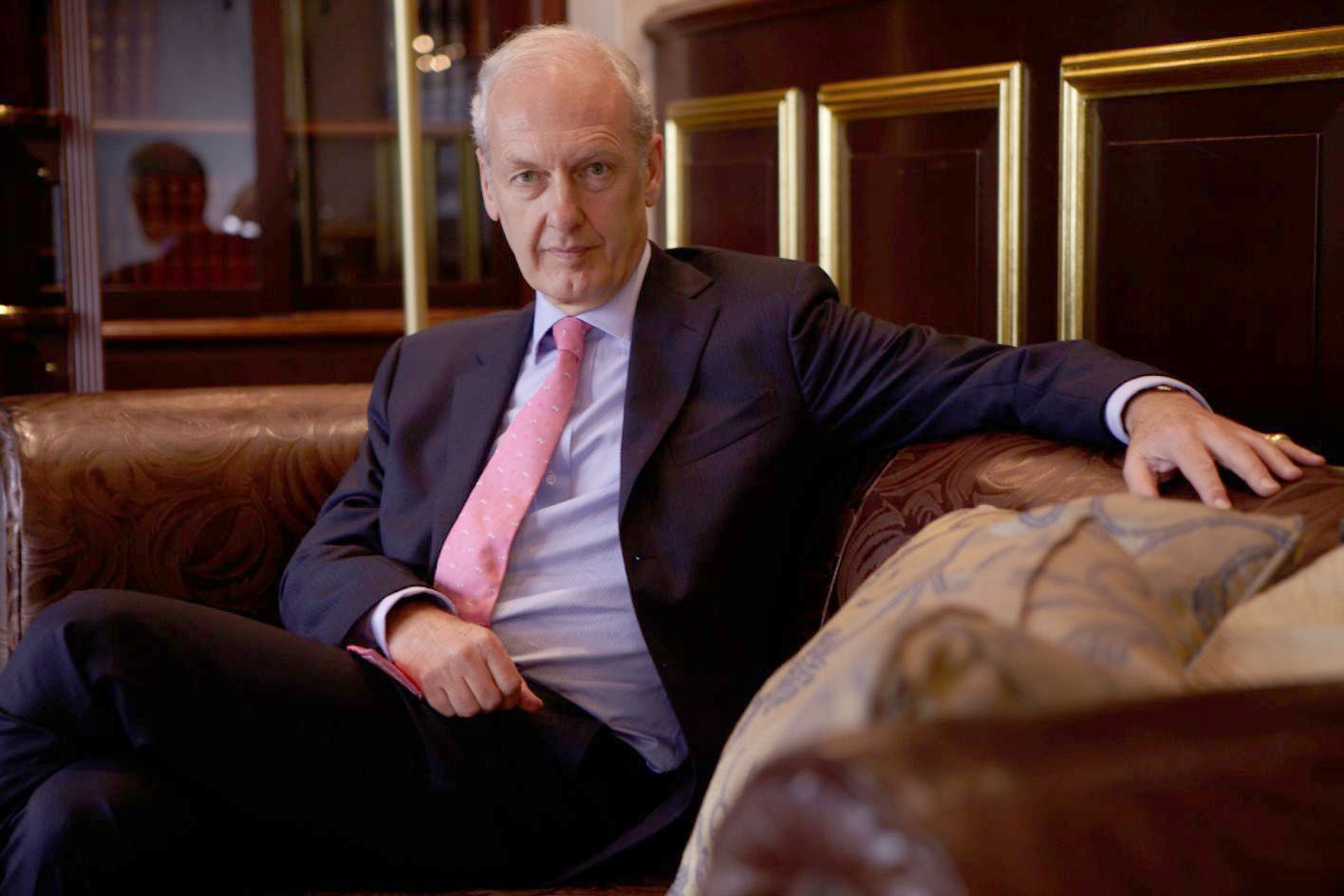Investing
Anthony Bolton: ‘A Western-style banking crisis in China is extremely unlikely’

Veteran UK fund manager Anthony Bolton believes that the chance of a Western-style banking crisis in China is “extremely remote”.
China’s stock market has been one of the worst performing this year, falling to a four-year low in June, partly over fears of a debt explosion and potential banking crisis in the country.
In October, Standard & Poor’s Ratings Service issued a negative outlook on the banking industry, saying “a regional banking crisis [in China] isn’t out of the question”.
However, Bolton, who is set to stand down from managing the Fidelity China Special Situations trust next year, said people make the mistake of making predictions for China based solely on their Western experience.
“As a largely financially insulated and centrally run dictatorship, where most of the largest companies, including the banks, are still owned by different parts of the government, [China] operates quite differently from most Western economies,” he said.
Speaking in London, Bolton, who relocated to Hong Kong in the early part of 2010, said that China’s package of economic reforms, unveiled last month, will be the catalyst that brings foreign investors back to the country.
He said the wide-ranging reform package detailed in the Third Plenum, which covered financial markets, land, the fiscal tax system, and the two-child policy, was the “most important package of reforms China has seen in 20 or 30 years”.
“China bears tend to be worried about financial matters, for example, local government finances and inflation. But most of the financial challenges are containable if not for ever, then at least for a number of years. To my mind, the real challenges are medium-term social and political ones. It has to reform,” he said.
“The unanimous view is that the reform programme is extremely adventurous and very comprehensive.”
Bolton added that actively managed funds will be best placed to benefit from the economic reforms because index funds are heavily exposed to large, state-owned enterprises which have “had it good” but will find it difficult under new growth plans.